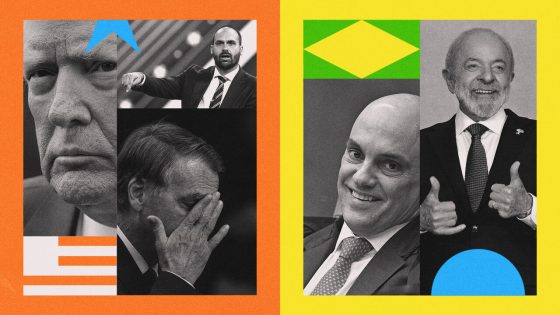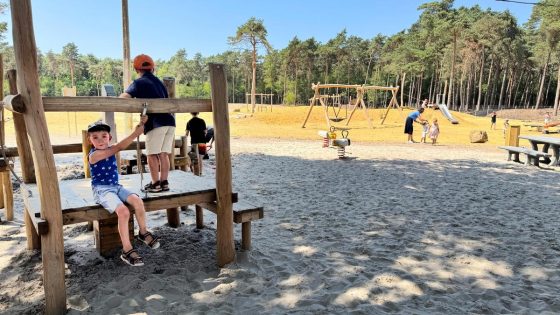Recent U.S. actions have marked a significant shift in its involvement with Latin America, particularly regarding Brazil. On July 9th, Donald Trump announced a staggering 50% tariff on Brazilian exports, citing a “witch hunt” against former President Jair Bolsonaro, who faces coup-related charges. This unprecedented interference raises questions about U.S. foreign policy and its implications for regional stability.
- U.S. interference in Latin America increasing.
- Trump announced 50% tariffs on Brazil.
- Investigation into Brazil's trade practices initiated.
- U.S. revoked visas of Brazilian judges.
- Sanctions proposed under Global Magnitsky Act.
Following Trump’s announcement, the U.S. Trade Representative, Jamieson Greer, launched an investigation into Brazil’s trade practices on July 15th. By July 18th, the U.S. State Department had revoked visas for most Brazilian Supreme Court judges involved in Bolsonaro’s prosecution. With Secretary of State Marco Rubio suggesting sanctions against prominent justice Alexandre de Moraes, the situation is evolving rapidly. What does this mean for U.S.-Brazil relations moving forward?
This escalation raises critical questions about the U.S.’s role in Latin America. Is the U.S. overstepping its bounds, or is it acting in defense of democratic principles? Consider these points:
- Tariffs could strain economic ties between the U.S. and Brazil.
- Visa revocations may hinder diplomatic relations and cooperation.
- Sanctions could set a precedent for future U.S. interventions in Latin America.
As events unfold, it’s crucial for the U.S. to navigate this complex landscape wisely. Will these actions foster democracy or lead to further division?































